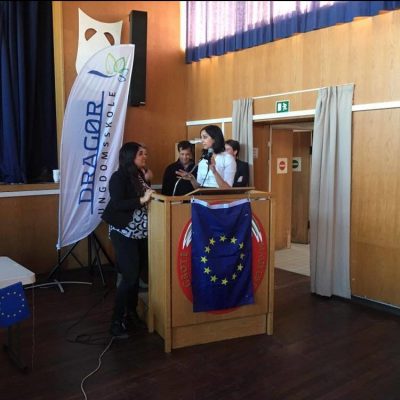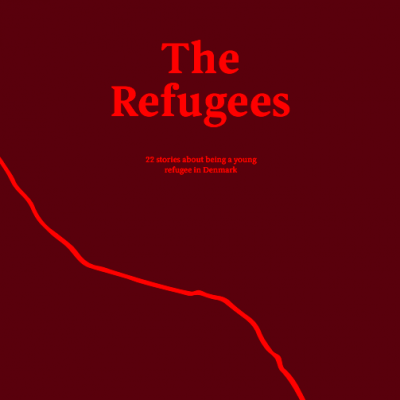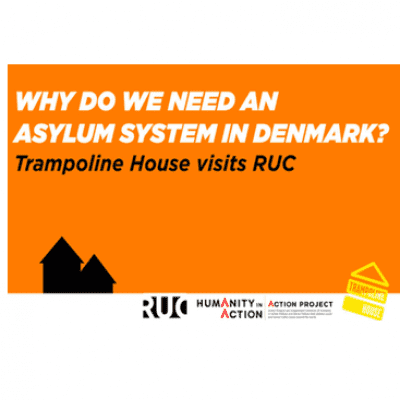Article
After 15 months of living through the pandemic, we’re more aware than ever of the importance of healthcare in our society. But how is healthcare provided to groups outside the boundaries of society – those who can’t access the services available to citizens? This is why Laetitia and her fellow volunteers have decided to focus on health and wellbeing.
In recent years, Danish migration norms have become stricter and stricter, making life for asylum seekers and migrants increasingly difficult. Denmark tends to depict itself (and to be depicted in the general discourse) as “the happiest country in the world”, thus eluding this side of the coin.
Laetitia has been volunteering for the non-profit organisation Aarhus for Solidarity, who work specifically with residents from the deportation center Kærshovedgård in Jutland, Denmark. Most of them are single men, rejected asylum seekers who can’t be deported from the country mostly because of international law. Throughout the years, Aarhus for Solidarity has noticed that the general public inside and outside Denmark knows very little about the harsh conditions which migrants and refugees have to face during the whole asylum procedure.
In recent years, Danish migration norms have become stricter and stricter, making life for asylum seekers and migrants increasingly difficult. Denmark tends to depict itself (and to be depicted in the general discourse) as “the happiest country in the world”, thus eluding this side of the coin.
To tackle this issue of lack of (and mis-) information and criminalisation, a group of volunteers from Aarhus for Solidarity have decided to host a webinar to spread knowledge and raise awareness about the Danish asylum system. They invited two guest speakers, Asta from the Ellebæk Contact Network, and Aya Jilani, an asylum seeker and activist who co-founded Hand by Hand Avnstrup. Both panelists provided insights into the healthcare challenges asylum seekers in Danish detention centers have been facing since long before the pandemic.
Volunteers from Aarhus for Solidarity have written a report based on the information they gathered during the webinar in order to keep spreading awareness. You are welcome to access it and share it in your own network for more reach by clicking here. Knowledge is power! You are also welcome to write Aarhus for Solidarity if you’d like to know more and/or get involved in any way, big or small!




